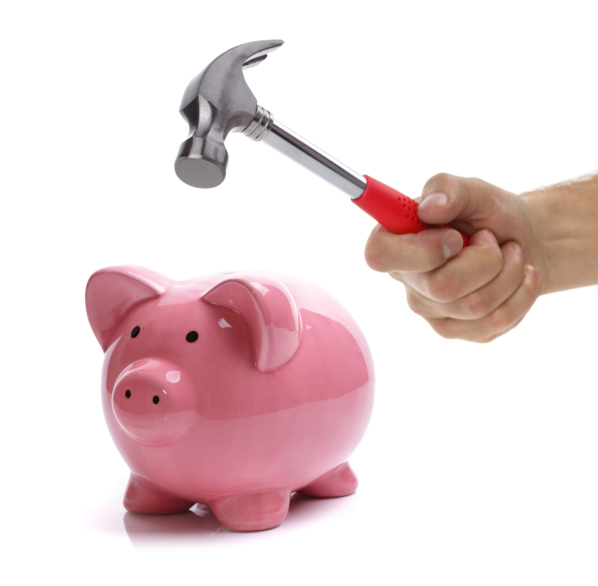 A home mortgage payment can be a large or even the largest expense in a person’s budget, and not having this payment any longer can be a life changing experience. Because of this, you may be dreaming about the day when you no longer have to make this payment.Some people may even actively make extra payments to their mortgage in order to pay the outstanding balance off more quickly.These may be funds from an IRS tax refund, cash received from the holidays or a birthday or some other windfall.
A home mortgage payment can be a large or even the largest expense in a person’s budget, and not having this payment any longer can be a life changing experience. Because of this, you may be dreaming about the day when you no longer have to make this payment.Some people may even actively make extra payments to their mortgage in order to pay the outstanding balance off more quickly.These may be funds from an IRS tax refund, cash received from the holidays or a birthday or some other windfall.
Before you make the decision about whether to use spare funds to pay your mortgage down more quickly, consider these pros and cons.
The Benefits of Making Extra Mortgage Payments
You can shave many years off of your home mortgage when you make even a single extra payment each year. This can help you to achieve long-term financial goals, build equity and avoid paying more than necessary in interest charges. Keep in mind that any principal that is removed from the outstanding balance now will not generate interest charges going forward. This can have a snowball effect on your home equity, and this is especially true when you make extra payments on a regular basis.
Why Extra Payments Are Not Always the Best Option
Clearly, there are some great benefits associated with making extra payments on your home mortgage. However, there are also some downsides to consider before you take this step. Your home mortgage may be one of your debts with the lowest interest rate.
For example, many mortgage interest rates today are below five percent while some credit card rates may exceed 15 or 18 percent. Over the long-term, you may benefit more from savings on interest charges by reducing higher interest rate debts. Even if you have no other debts besides your home mortgage payment, you may be able to invest the money for a higher return than the interest rate on the mortgage.
Each person has different short and long term goals as well as a different financial situation to consider. With how low mortgage rates are today, however, many will benefit from paying off high interest rate debts and making smart investment decisions with any extra money they have.
 If you are like many other homeowners, your home mortgage payment is the single largest expense in your monthly budget. This is a fixed expense that you will typically be responsible for until your loan is paid in full or until you sell your home, and you may have a 15, 20 or even 30 year term on your mortgage.
If you are like many other homeowners, your home mortgage payment is the single largest expense in your monthly budget. This is a fixed expense that you will typically be responsible for until your loan is paid in full or until you sell your home, and you may have a 15, 20 or even 30 year term on your mortgage. Periodically, many homeowners will receive a rather sizable amount of extra cash. This may be from a bonus from your employer, a refund on your tax return, a financial gift from a relative or something else altogether.
Periodically, many homeowners will receive a rather sizable amount of extra cash. This may be from a bonus from your employer, a refund on your tax return, a financial gift from a relative or something else altogether.